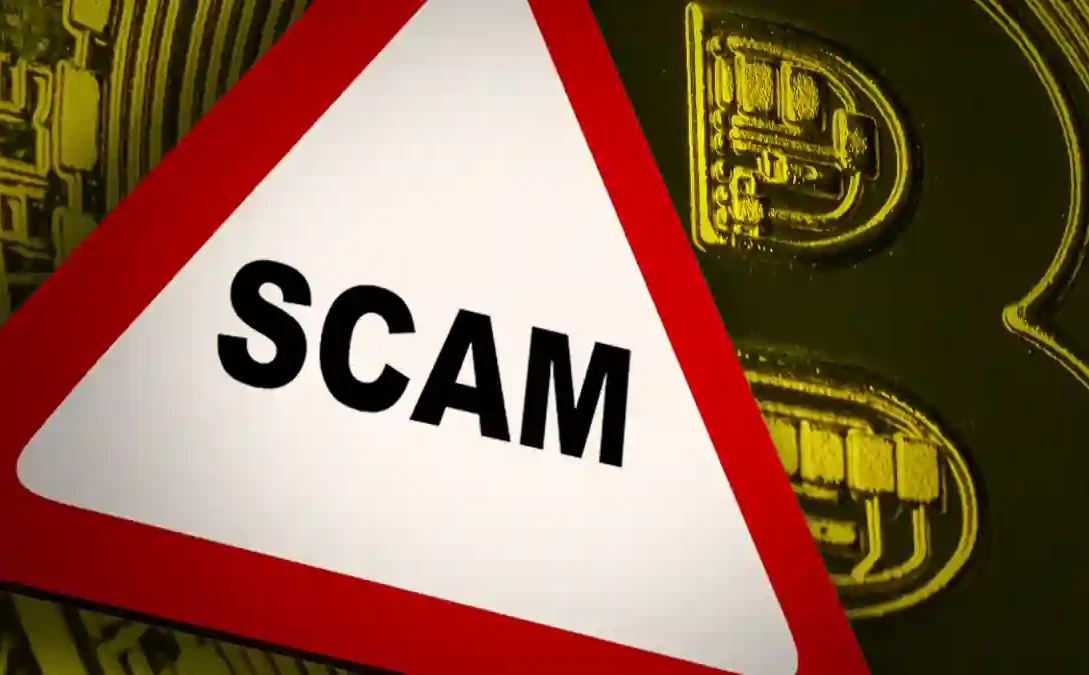Cryptocurrency scams have become increasingly common as the digital currency market continues to grow. With the potential for high returns, many people fall victim to fraudulent schemes that can result in significant financial losses. If you’ve encountered a cryptocurrency scam, knowing how to report it can help protect yourself and others from future scams. Here’s your essential guide to taking action.
Understanding Cryptocurrency Scams
Before diving into the reporting process, it’s crucial to understand what constitutes a cryptocurrency scam. These scams can take many forms, including:
- Phishing Scams: Fraudulent emails or messages that mimic legitimate companies to steal your login credentials or personal information.
- Ponzi Schemes: Investment scams that promise high returns with little risk, often paying earlier investors with the funds from newer investors.
- Fake Exchanges: Websites that claim to facilitate cryptocurrency trading but are actually designed to steal your funds.
- Rug Pulls: When developers of a cryptocurrency project abandon it, taking the investors’ money with them.
- Impersonation Scams: Scammers posing as reputable figures in the crypto community to trick individuals into sending money or personal information.
Recognizing these scams is the first step in safeguarding your investments and reporting fraudulent activities.
Step 1: Gather Evidence
If you suspect that you have been a victim of a cryptocurrency scam, the first thing you should do is gather as much evidence as possible. This may include:
- Screenshots of any communications with the scammer.
- Transaction details, including amounts and wallet addresses.
- URLs of websites or social media profiles involved in the scam.
- Any emails or messages received related to the scam.
Documenting this information will be crucial when reporting the scam to authorities or platforms.
Step 2: Report to Cryptocurrency Exchanges
If the scam involved a specific cryptocurrency exchange, it’s essential to report the incident directly to them. Most reputable exchanges have dedicated support teams for handling scams and fraudulent activities. Provide them with all the evidence you collected, including transaction IDs, wallet addresses, and any communication with the scammer.
Exchanges may take action by freezing accounts or funds associated with the scam, which can help prevent further losses.
Step 3: Report to Authorities
3.1 National Authorities
In many countries, there are government agencies dedicated to handling financial fraud, including how to report a cryptocurrency scam. For example:
- United States: Report scams to the Federal Trade Commission (FTC) and the Internet Crime Complaint Center (IC3).
- United Kingdom: The Action Fraud service allows you to report scams and fraud.
- Australia: The Australian Competition and Consumer Commission (ACCC) handles scam reports.
These agencies collect data on scams and can initiate investigations that may lead to the arrest of scammers.
3.2 International Reporting
If the scam crosses international borders, consider reporting it to organizations like:
- Interpol: They assist in transnational crime, including online fraud.
- Europol: The European Union’s law enforcement agency also has resources for reporting cybercrime.
Step 4: Report to Crypto Community Platforms
Many cryptocurrency communities exist on platforms like Reddit, Telegram, and Twitter. If you encounter a scam, report it to these platforms to warn others. Most platforms have reporting mechanisms to flag fraudulent accounts or messages.
4.1 Social Media
- Twitter: Use the report feature to flag scam accounts.
- Reddit: Report posts or messages that appear to be scams, and warn community members in relevant subreddits.
4.2 Forums and Groups
If you are part of cryptocurrency forums or discussion groups, share your experience. Educating others about the scam can prevent them from falling victim.
Step 5: Consider Legal Action
If you’ve suffered significant losses, it may be worth consulting with a lawyer who specializes in financial fraud or cryptocurrency. They can help you understand your legal options, including potential recovery of lost funds. While it can be challenging to recover funds lost to scams, legal action may be appropriate depending on the situation.
Step 6: Stay Informed and Protect Yourself
Reporting scams is vital, but protecting yourself in the future is equally important. Here are some tips to safeguard your cryptocurrency investments:
- Research: Always conduct thorough research before investing in new cryptocurrencies or projects.
- Be Skeptical: If something seems too good to be true, it likely is. High returns with low risk are often red flags.
- Use Reputable Exchanges: Stick to well-known and regulated cryptocurrency exchanges to minimize risk.
- Enable Two-Factor Authentication: This adds an extra layer of security to your accounts.
Conclusion
Reporting a cryptocurrency scam is a crucial step in combating the growing threat of online fraud. By gathering evidence, reporting to authorities and platforms, and taking steps to protect yourself, you can play an essential role in safeguarding not only your investments but also the broader cryptocurrency community. Stay vigilant, informed, and proactive in your approach to cryptocurrency security.





